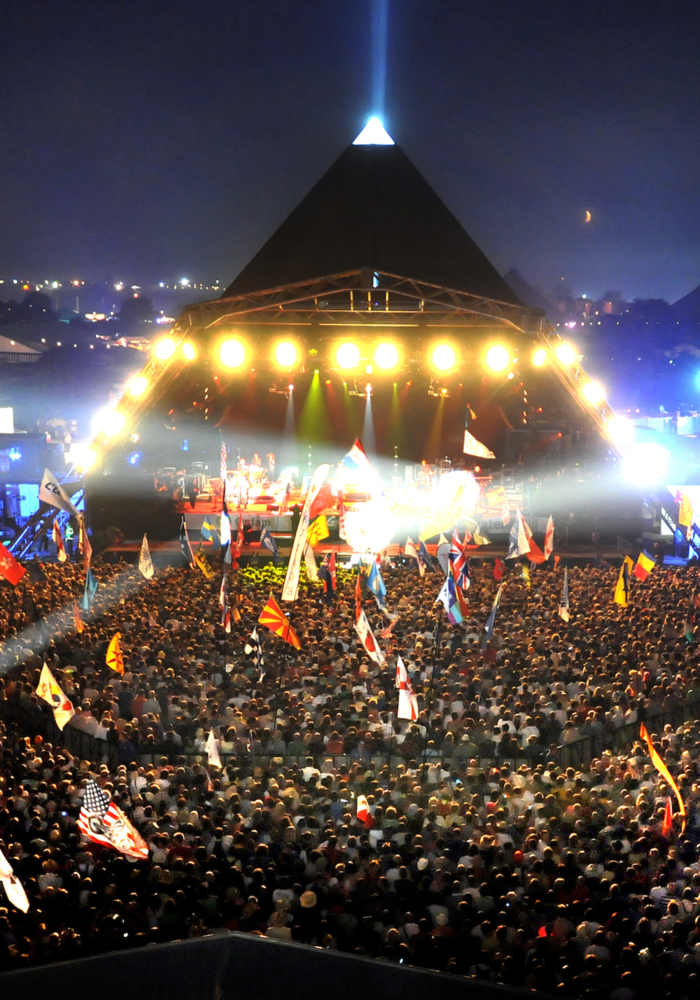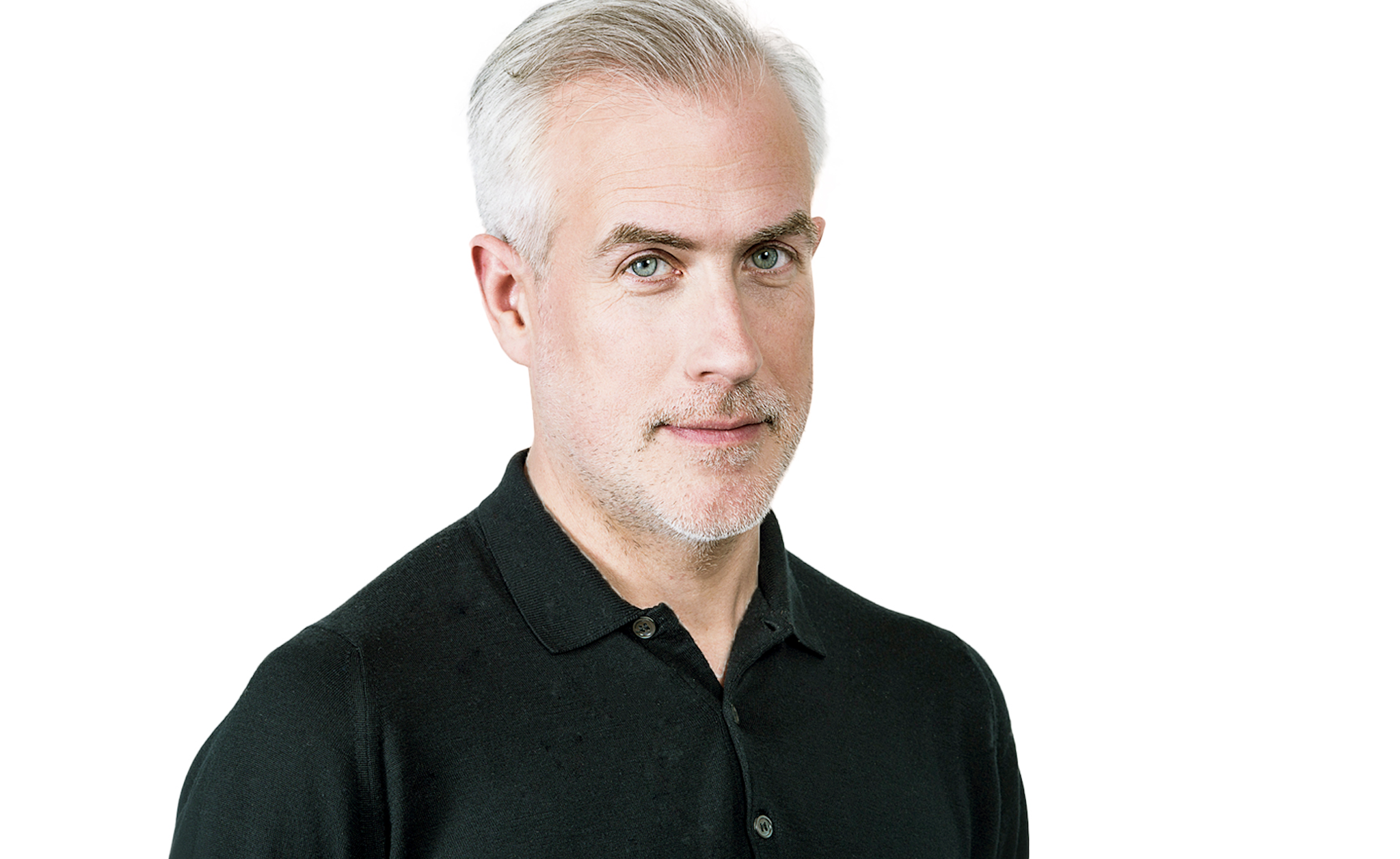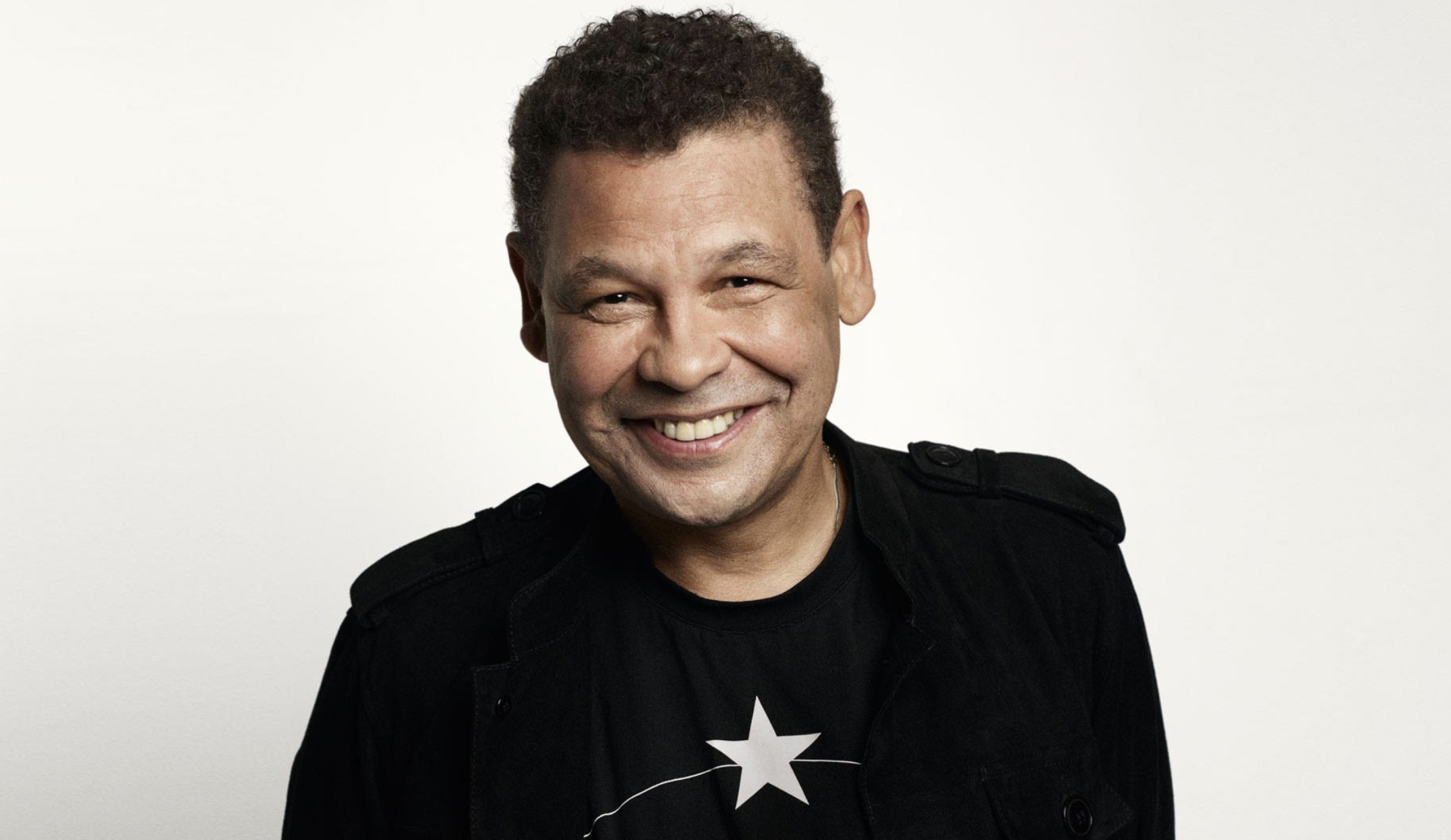Today, (Wednesday, June 24) sees Worthy Farm open its gates for arguably the most hotly anticipated edition of the Glastonbury Festival in its storied, half-century history, as festivalgoers prepare for the double celebration of both its 50th anniversary, and its first post-pandemic outing following a two-year absence. As ever, the BBC will be delivering unrivalled live and on-demand coverage from across the entire event, while their new commemorative documentary film Glastonbury: 50 Years and Counting, is now available to watch on iPlayer. Here, three of the BBC’s most seasoned Glastonbury presenters and performers, Cerys Matthews, Craig Charles and Matt Everitt, tell us what they are most looking forward to this year, share some of their personal highlights from down the years, and provide a unique insight into what Glastonbury looks like through the eyes of a BBC broadcaster.
The 50th anniversary edition of Glastonbury, which was due to take place in June 2020, was always going to be one for the history books, but the fact it’s the first time Glastonbury has been able to take place as an in-person affair for the first time in over two years has unquestionably marked it out as a landmark instalment. And this year’s line-up is a suitably stellar one, with Billie Eilish, Paul McCartney and Kendrick Lamar set to headline the Pyramid Stage on Friday, Saturday and Sunday respectively, and the likes of Sam Fender, Noel Gallagher, Lorde, Elbow, Diana Ross, Herbie Hancock, Foals, Megan Thee Stallion, Pet Shop Boys, Burna Boy, Glass Animals, Little Simz and many, many others will be appearing across the festival’s many stages over the course of the weekend.
“I’ve really missed it,” says Everitt, who has been going to Glastonbury as either a fan, performer or broadcaster for the past 30 years. “Without putting the big BBC hat on, it’s brilliant to be doing it as part of the BBC. Because the BBC stuff is so broad, we have a brilliant job to do in bringing the festival into people’s lives and homes. If someone had said to me back when I first started going in the early ‘90s that you could stay at home and watch something from pretty much every stage all day every day, I’d think it was the best thing in the world, and the BBC does an amazing job: the sound is brilliant, the way it is shot is fantastic, the journalists and presenters are great. I cannot wait!
“There is a lot to cynical about in the music industry but coming off the back of everything the music industry has been through, it’s very difficult to be cynical about Glastonbury. It gives £3 million a year to charity, it’s non-corporate sponsored – it’s Water Aid, Greenpeace and Oxfam – they give so much. It’s the very best of us, the atmosphere, the spirit and the way people look after each other. Is it the only thing I’m not cynical about in the music industry? It might be!”
Crucial in conjuring this unique spirit is Michael and Emily Eavis’ ability to blend A-list, mainstream appeal with the weird and wonderful quirks that have been so central to Glastonbury throughout its history. For many, including Radio 2’s Charles, the allure of the festival’s fringes is as strong as ever.






